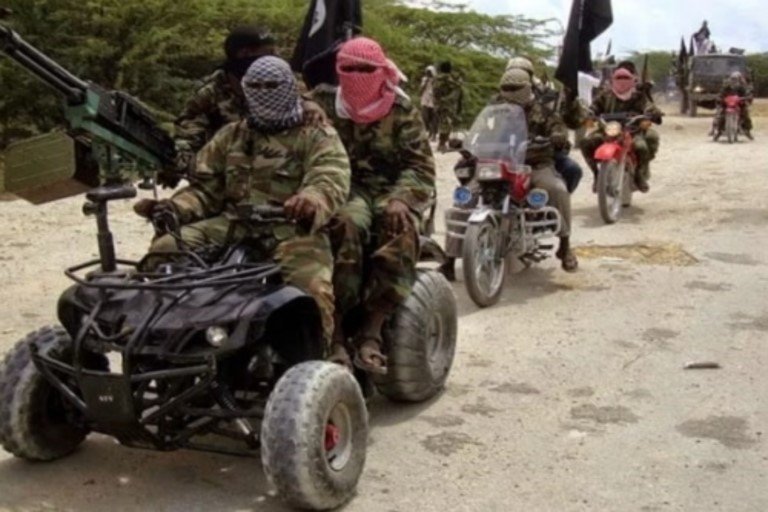The deaths of 23 children in Johannesburg this year due to suspected food poisoning have sparked outrage in South Africa against foreign immigrants who manage small corner stores known as spazas.
There is still police tape around a now-closed spaza business in Soweto’s Naledi neighbourhood that reportedly sold snacks to six small children who died from poisoning last October.
The tragedy infuriated locals, who stormed and plundered the spaza before chasing out the proprietor, who was apparently an Ethiopian national. Even the individual who rented out the space left in fright.
While an autopsy confirmed that a chemical was the cause of death, no formal link to the shop has been established.
As similar incidents were recorded in other places, public outrage grew, prompting authorities to conduct raids on foreign-run spazas to ensure compliance with laws and regulations.
Several have been forced to close, and the shopkeepers, mostly from Ethiopia, India, Pakistan, or Somalia, have gone.
Six spazas in Olievenhoutbosch outside Pretoria were shuttered last week due to irregularities, according to Sarah Mabotsa, a municipal council officer.
“They’re selling expired food; they’re selling skin products; they’re selling meat; everything is in one shop,” she charged.
South Africa, the continent’s most industrialised country, is a popular destination for job seekers, despite its own unemployment rate of over 32%.
The competition has fostered distrust and sometimes violence. If authorities do not intervene, a xenophobic vigilante group known as Operation Dudula (which means “push back” in Zulu) frequently does.
In Naledi, Dudula’s efforts resulted in the replacement of foreign shopkeepers at six spazas with South African nationals.
“We have chased the foreigners. Foreigners were running the shop before, and we kicked them out,” one of the new shopkeepers, Maphoka Mohalanwani, said proudly.
“The recent spate of food poisonings is without doubt “related to the foreigners,” the 54-year-old said.
“When our kids eat chips from the streets, they do not die… they are dying because of their poison,” said Mohalanwani.
The former cashier was chosen for the position by Operation Dudula, which provided some funding to South Africans to take over from foreign foreigners running spaza stores.
“Some stores were closed down by officials because they don’t respect the laws of this country,” the head of Operation Dudula, Zandile Dabula, told AFP.
And for those that reopened, “we went back to go and make sure that they closed again,” she said.
Even South African politicians have made outright calls for all spaza shops to be run by South Africans.
The devastating spate of the deaths of young children has gripped South Africa, with speculation rife in the absence of hard evidence about what caused their deaths.
Some feel that foreigners are purposely poisoning South Africans, while others believe that the outrage is a fabricated attempt to reclaim the spazas and their earnings for locals.
“We don’t know what is causing these things (cases),” said Somali national Zachariah Salah at one spaza in White City, Soweto.
“It was not even clear if the claims of poisonings were genuine or not, he said. Either way, it’s tragic for us.”
Loren Landau, who studies migration at the University of the Witwatersrand in Johannesburg, stated that the attacks against foreign-owned shops were “really about eliminating competition for business.
“If you try to shut down South African businesses, people would protest,” he said. But “you can go after a foreigner; no one will protest.”











